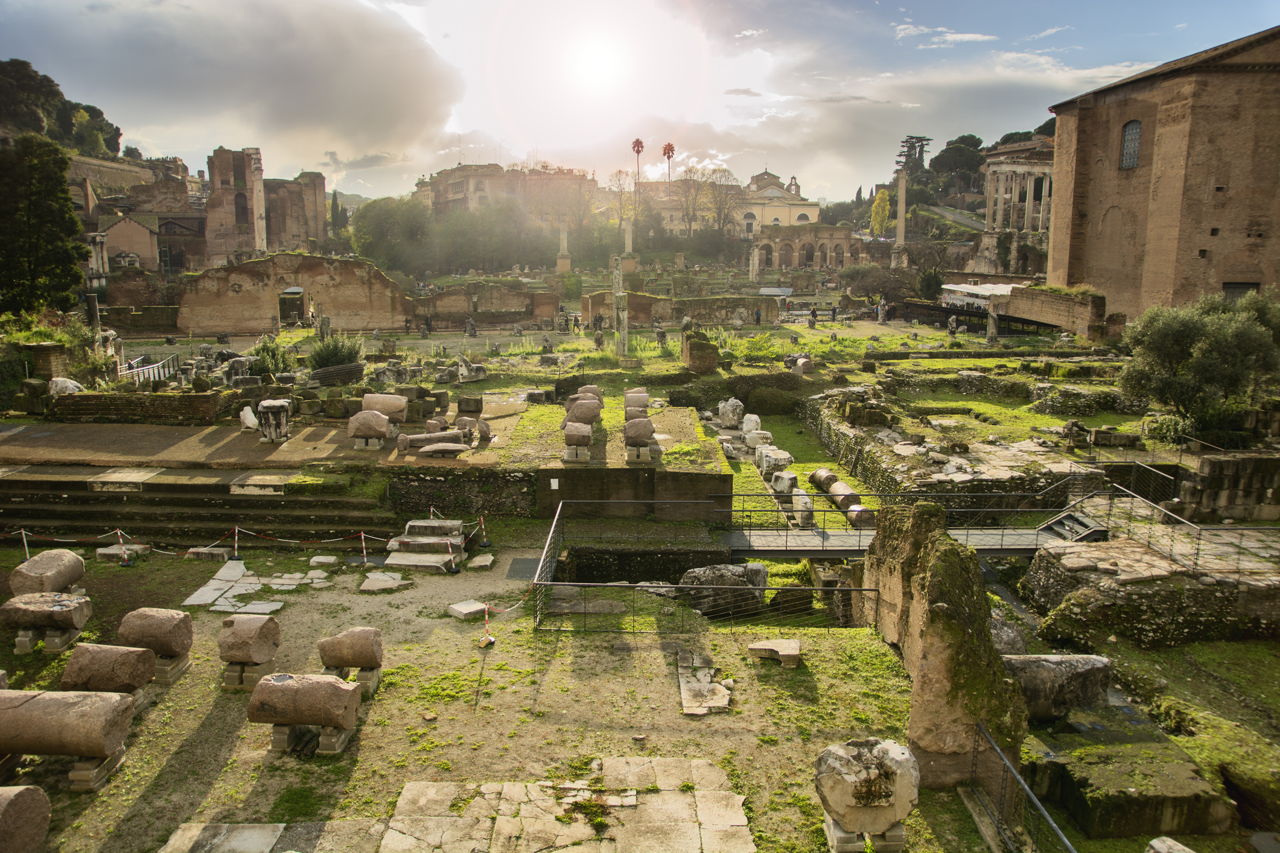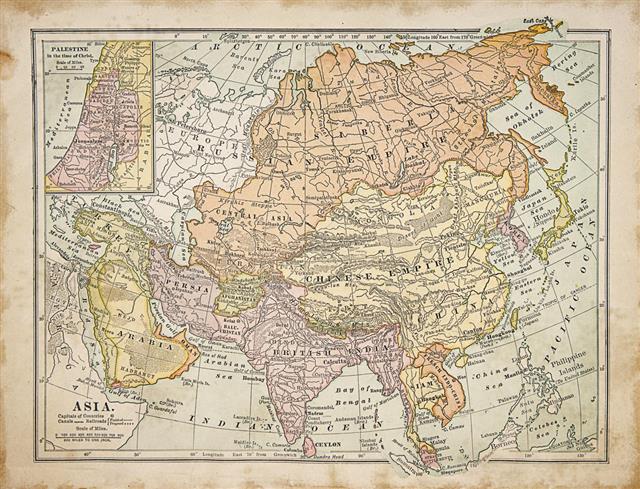
It is never a good feeling to be controlled by someone who wants to rule you and your land. However, it isn’t completely destructive either. Imperialism will always be a coin with two sides, and one needs to know about both of them to fully understand what the colonies went through.
The definition of imperialism shows the use of either diplomatic excellence or military prowess by one country to annex others. The colonized countries may not necessarily be close to the imperialist country. This was shown by the seemingly ever-expanding rule of the British empire over Asia and Africa. But of course, claiming dominion over an entire country is never an easy task. It was neither easy when the Egyptian monarchs claimed slavery through imperialism, nor was it easy when the British Raj reached India. The facts, as you will see, will expand your thoughts on not only the way the ruled country was drained, but also on several things that made imperialism not an entirely bad thing.
Records of Imperialism
Classical imperialism had strong links with social Darwinism. The thought was not based on the individual of a species or race, but on the entire race trying to prove their superiority through force. The reasons for an imperialistic rule were many; they ranged from trade, resource gathering and colonization of previously uninhabited lands to dominion of the lesser race by the greater. Many countries were tagged as imperialistic and a majority of them were European.
Let’s take a look at two of the largest imperialistic powers through history.
Rome
The Roman Empire was hardly the kind to stay contented over its achievements. The pinnacle of Roman imperialism was around 150 AD, when the rule stretched over Egypt and almost all of Europe. The main countries include England, France, Spain, Greece, the entire Middle East and North Africa. Of course, the maps and the names of the countries were different at that time, but you can get an idea of how vast the hold of Rome was. Ironically, this very vastness led to the downfall of the Roman Empire.
Britain
If imperialism is not what it used to be, then the largest imperialistic conquest ever made was by the British Empire. They gained control over a majority of Africa, all of India, Australia, New Zealand, America and Canada. Of course not at the same time, but the level of control that just one country can have over the rest of the world is the most shining example of imperialism ever.
Facts about Roman Imperialism
Negative Effects
- The darker side of the Roman conquests dictate the murder of thousands of innocent civilians, either because they were considered a threat or they were forced to join the military to defend against the invading Roman Empire.
- Slavery was rampant due to the severe lack of labor that failed to meet the demands of the Roman patricians and architects. Thousands were imprisoned and enslaved to serve the patricians of the Roman society, while many more were shackled and whipped to create constructs of the ever-expanding Empire. It is actually on the power of this slavery that the Roman Empire was able to rise to its peak.
- Major cities in the Roman Empire were becoming increasingly crowded as more and more people arrived there, people who ran away from either their confiscated lands or from the violence of war. This period reported increase in crime; rape and murder were not uncommon in the streets.
Positive Effects
- The Romans had no real interest in spreading religion, nor was it their reason to conquer. That is why most of the land under the Roman Empire still maintained religious conformity, like the British Celtic culture that we still see today. So, although their motive was not cultural imperialism, Greek culture certainly made an impact on the countries.
- The way the Roman Empire truly influenced its land was through authority. The Empire sought administrative perfection wherever it ruled, especially in the tribal lands that it conquered. They brought about a system of hierarchy whose roots are still evident in modern administration. The Roman system of Representative Government is so immaculate, it is still used in administrative systems. Of course as time changed, we saw variations, uprisings and downfalls that threaded the Government to the flow of time, but the basic principle remains untouched.
- The Roman Empire had an influence on the world through their construction and architecture. They built roads, bridges, public baths, temples, columns and pillars. Ancient Roman architecture is still considered a marvelous spectacle.
- The Roman knowledge and advancements in hygiene were imparted to the comparatively backward countries that fell under the Roman Empire’s rule. Public baths, clinics and engineering helped increase the health standards, life expectancy and quality of life of people considerably.
Facts about British Imperialism
Since the entirety of the effect of British imperialism (like wars and competition from French and Portuguese imperialism) is too broad for a single article, I have mentioned only the important effects that the British Empire had, on the countries it had a tighter hold over – Africa, India and China. You will see a lot of common points up ahead. They are the generalized effects of the introduction and withdrawal of imperialism to any country.
Negative Impact on Asia and Africa
- One of the motives of the British expansion was the urge to spread Christianity. All new colonies under the British rule were introduced to a religion completely new to them. This was the case in Africa, India and China, and they were not happy with it.
- The sudden explosion of Britain into countries outside Europe was also the result of growing expansionist competition from the other halls of imperialism, namely the Dutch, the French and the Portuguese. This caused a bit of bloodshed and chaos as they founded more and more colonies, not to mention the people of the conquered lands being dragged into this power struggle between the imperialist countries.
- The worst effect that the British Empire had on all three countries was the heavy drain on resources. Africa was found to be rich in mining resources, India was forced to sell raw materials at cheaper rates and buy finished goods at steep prices.
- China felt the heat from British imperialism in the First and the Second Opium Wars. As the name suggests, the war broke out between the Chinese Imperials and the British traders due to an uncontrolled trading of opium in China.
- Another negative impact comes from the British principle of ‘Divide and Rule‘. They divided a country into so many pieces for the sake of administration. This led to unparalleled chaos when the ruling colonials left the countries. For example, the mass religious murdering that took place after the partition of Pakistan from India.
- Exposure of two civilizations so different from each other led to the rise of a deep-seated racism that lasted for centuries.
- Although imperialism is not the only reason for WW I (albeit one of the main reasons), it certainly dragged all the smaller nations into it, inviting the colonized countries to unnecessary war, that they were not originally concerned.
- In a general sense, imperialism caused the ruled country to become dependent on the ruling country. British imperialism changed the way a country was run (whether in parts or under a single monarchy). That caused the opening of a lot of new job opportunities, but ended closing or restricting a lot of the older ones. This caused an uncontrolled population boom on one side and situations of dire famine and excessive taxes on the other side.
Positive Impact on Asia and Africa
- The largest positive effect evident due to colonization was the flow of knowledge and infrastructure. Since the colonies had to trade and communicate, they introduced cars, trains, telephones and official postal services. All these replaced what the country used to make do with before, like dirt roads, horses and runners or messengers.
- Health and medicine jumped to a higher level as the British introduced new medicines, surgical treatments and an efficient medical service system. The natives gained more knowledge about bacteria and diseases and how to take care against them.
- One effect prominent in India was the attempt to abolish religious inequalities. Although they preferred conversion to Christianity, the colonials also tried to stop a lot of Hindu malpractices, like the caste system that prevented the lower castes from learning and the practice of Sati, where widowed women committed suicide by jumping into the pyre of their dead husbands.
- A continuous power struggle between older monarchies in the countries prevented the people to have any say in the way a government acted. British imperialism, through a centralized government system, helped the people to do that.
- Communication became easier, as all were made to learn English. This enabled common citizens to communicate not only with the world, but also with themselves. This bridged the gap between the people in the same country, as they remained separated due to cultural and linguistic differences.
The Debate on Imperialism
There are many views on imperialism. You will have one side that says imperialism brought all the benefits of the modern world to backward countries. The only reason it became so hard and chaotic for the colonies was because people struggled to be set free of something that was actually good for them. The other side explains how countries were doing good without imperialism in the first place. They reason the problems created due to racism from the colonials, severe depletion of natural resources and wanton tax collection.
As you dig deeper into the subject, you’ll find that there are too many causes and reactions to be taken into consideration that may truly answer this question. But whatever it is, imperialism is now marked deeply in history. It is something that we must live with. Whether the changes bear good or bad fruit, we have to live with them everyday, knowingly or otherwise.



